
การใช้ must และ have to ต่างกันอย่างไร ใช้อย่างไร ตัวอย่างประโยค เปรียบเทียบ
What must be, must be - Idioms by The Free Dictionary what must be, must be what must be, must be proverb Whatever is meant or predestined to happen will happen; there is no use in regretting or resisting what one cannot control. I'm really hoping that I get this job, but what must be, must be. See also: must, what

CAN MUST SHOULD general grammar… English ESL worksheets pdf & doc
But if you must use a modal auxiliary verb, you'll have to choose A. must be; it's the modal we use for certainty—for deductions and conclusions: I can't find my wallet anywhere. It must be lost. That means that since you are unable to find your wallet, you have concluded that it is lost. Or, as we say around here . . . No shit, Sherlock.

SHOULD vs MUST in English English Study Here
933 other terms for must be- words and phrases with similar meaning. Lists. synonyms. antonyms. definitions. sentences. thesaurus. phrases. idioms. suggest new. can be. suppose to be. also need to be. also needs to be. be necessary. be required. gotta be. had to be. has to be. have to be. have to have. i need. is to be. it is appropriate.
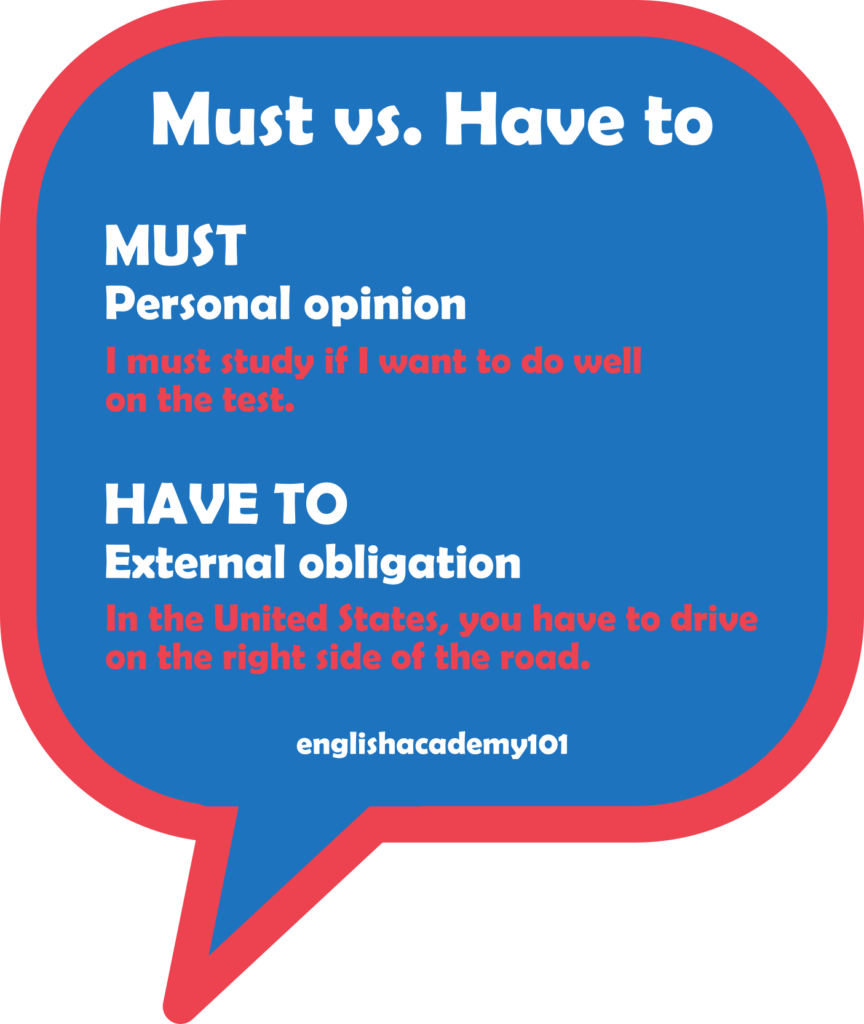
Modals Must vs. Have to in English englishacademy101
Need synonyms for must be? Here's a list of similar words from our thesaurus that you can use instead. Preposition Must, or ought to, be a certain way or thing should be have to be ought to be had better be need to be have a duty to be would want to be got to be supposed to be meant to be should have been
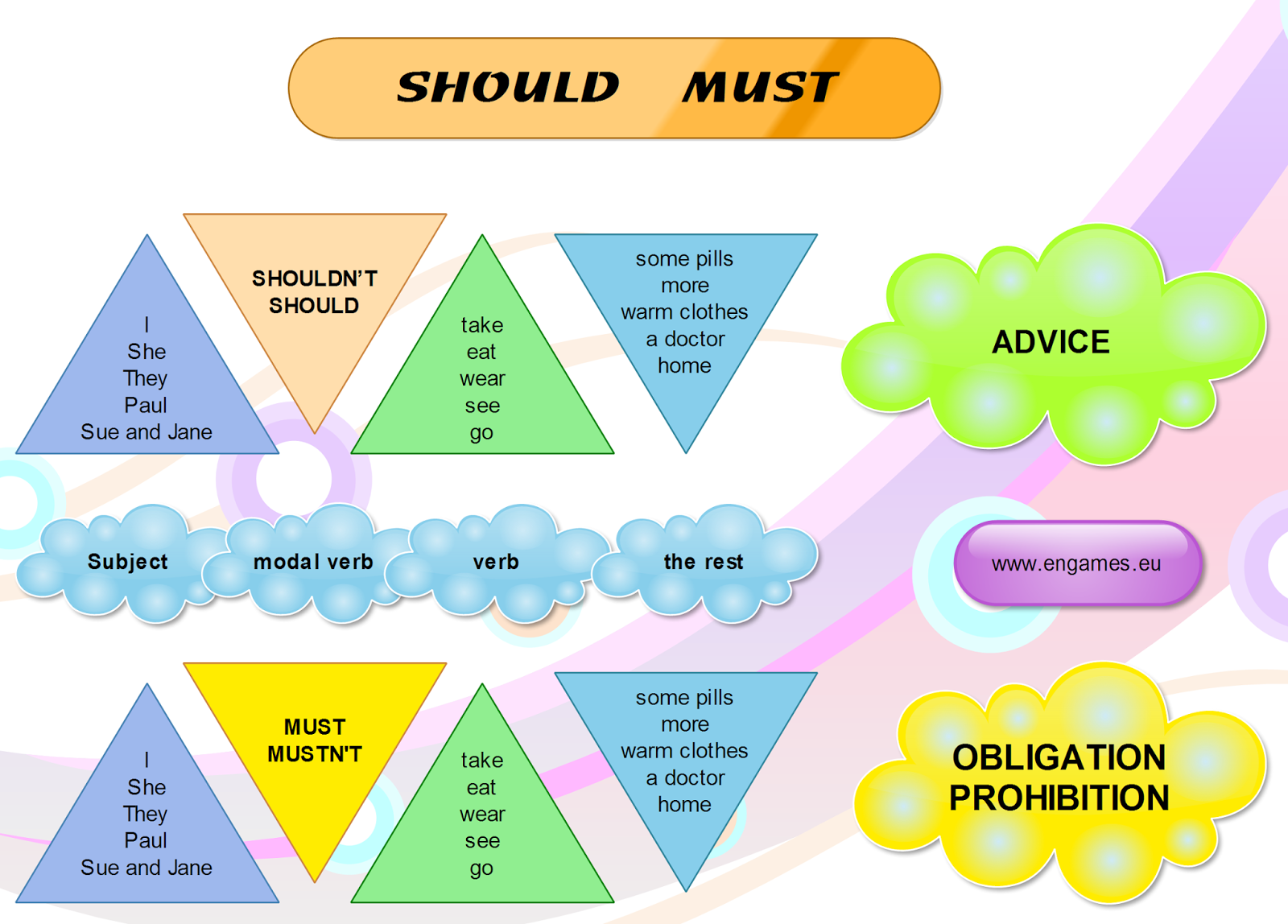
Casvi4primary Unit 8
Pronunciation: /mʌst/. In this lesson, you will learn: The form of must. The different uses and meanings: Obligation and necessity. Deductions and conclusions. Rules and laws. Invitations and encouragement. Criticism.
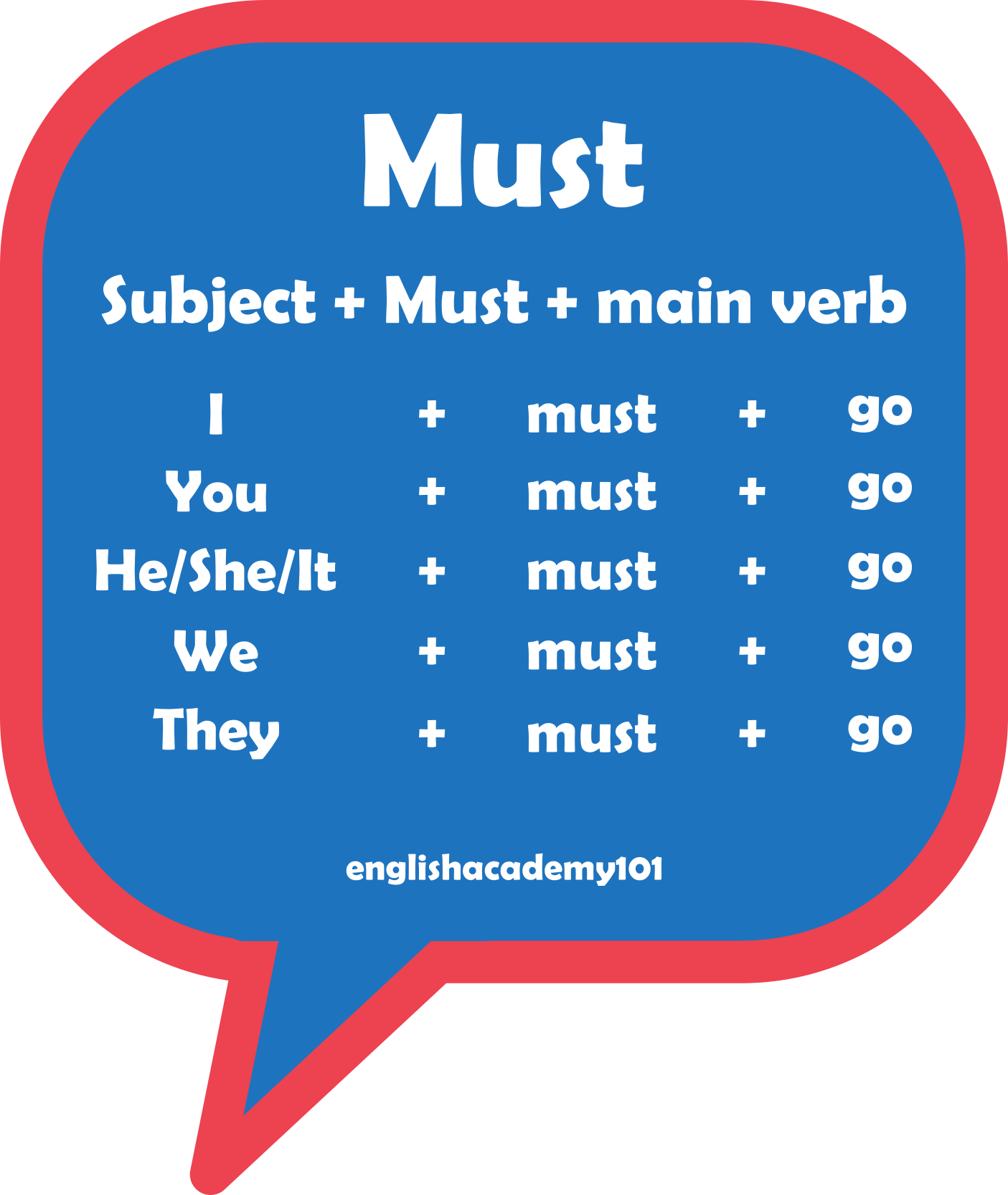
must Archives EnglishAcademy101
verb məs (t), ˈməst present tense and past tense, all persons must Synonyms of must auxiliary verb 1 a : be commanded or requested to you must stop b : be urged to : ought by all means to you must read that book 2 : be compelled by physical necessity to one must eat to live : be required by immediate or future need or purpose to
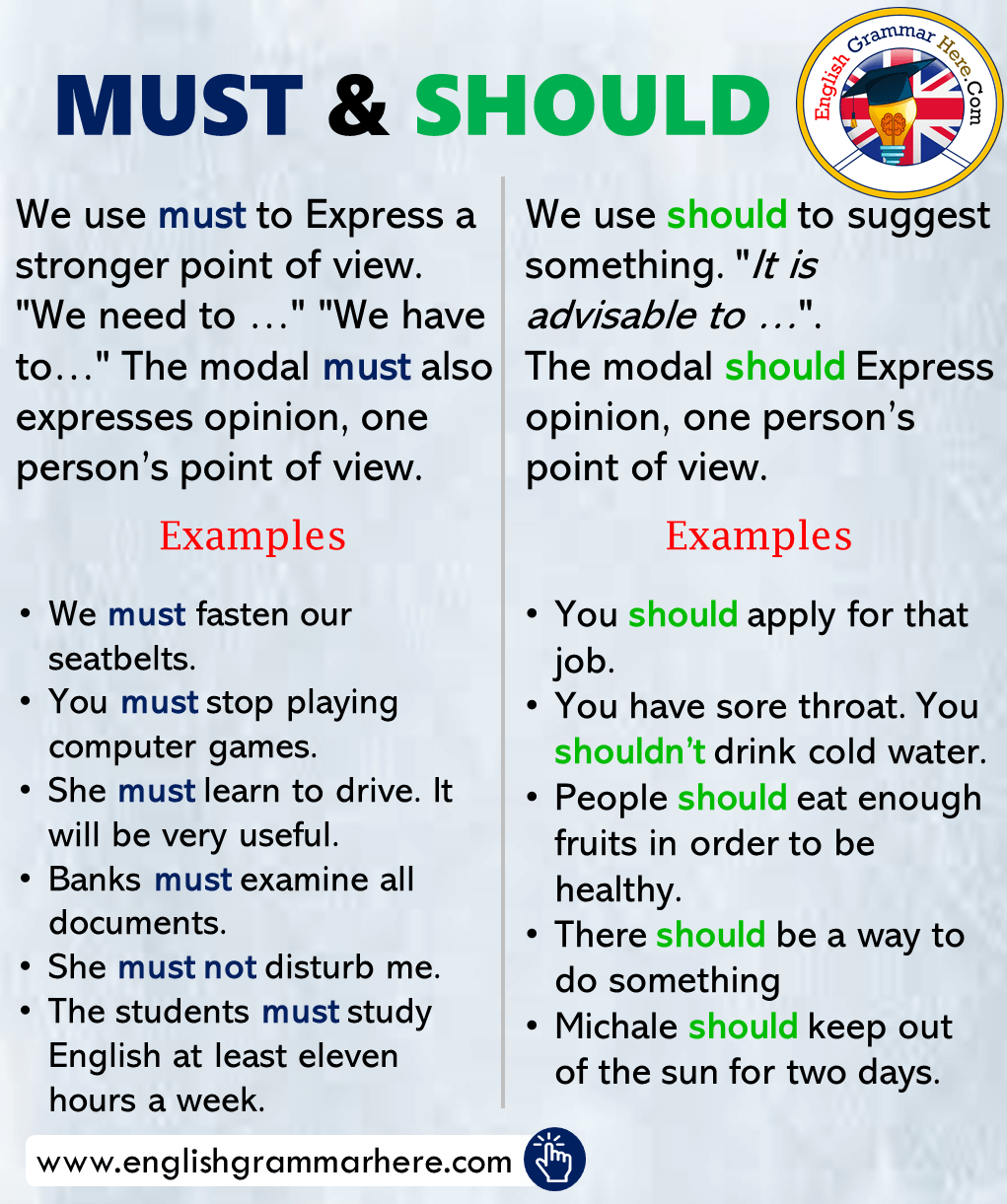
Using MUST and SHOULD, Example Sentences English Grammar Here
Must is a Modal Auxiliary Verb. (The other modals in English are may, might, can, could, will, would, shall, and should. What follows applies to all of them, not just must .) All modals have two different types of meaning:, one meaning, called the Epistemic sense of the modal,
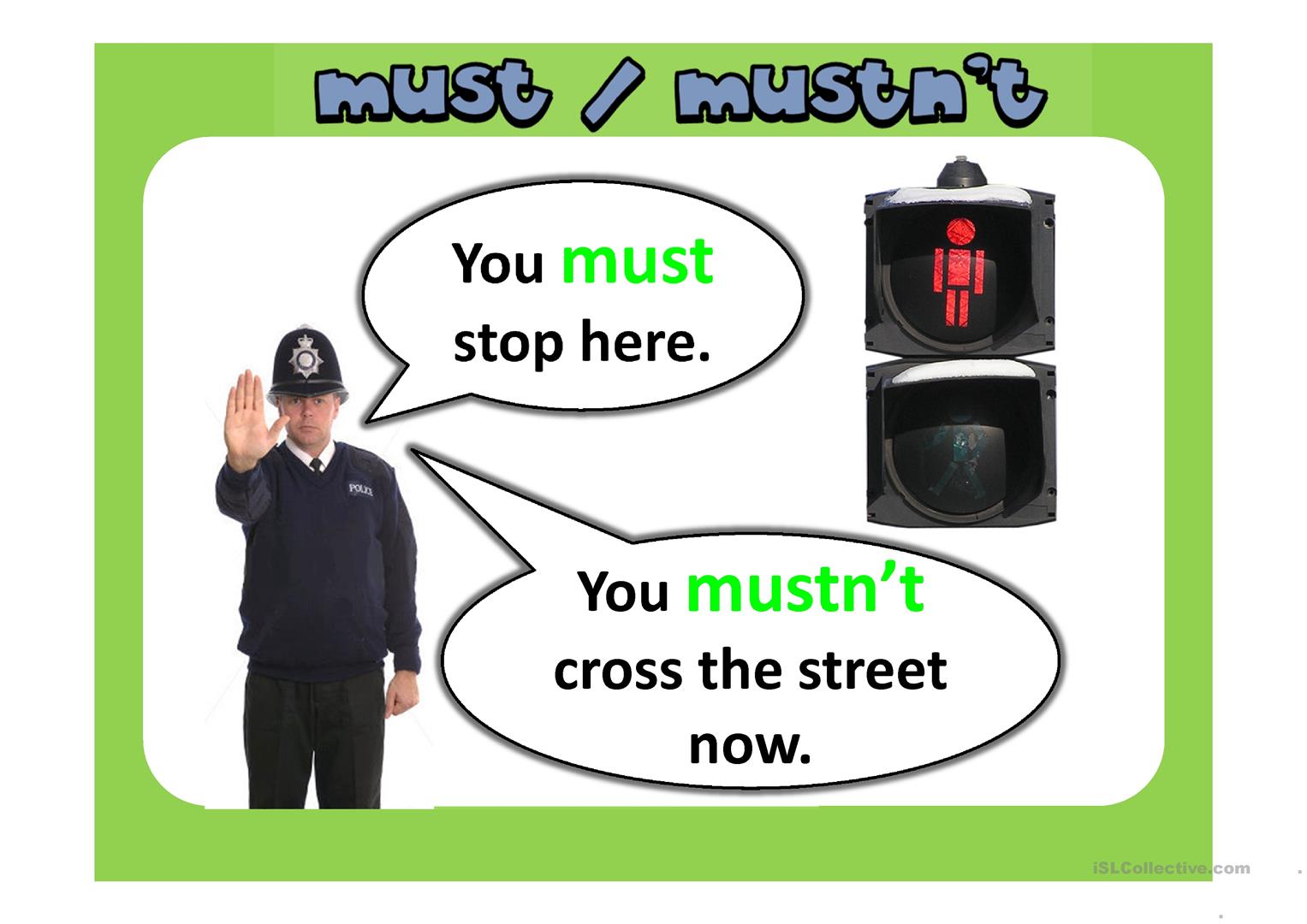
IMPROVE YOUR ENGLISH LEVEL! MUST / MUSTN'T
used to show that it is necessary or very important that something happens in the present or future: Meat must be cooked thoroughly. I must get some sleep. You mustn't show this letter to anyone else. Luggage must not be left unattended (= it is against the rules). formal Must you leave so soon? formal "Must I sign this?" "Yes, you must."

English Grammar Must And Have To, Mustn’t And Don’t Have To
used to show that it is necessary or very important that something happens in the present or future: Meat must be cooked thoroughly. I must get some sleep. You mustn't show this letter to anyone else. Luggage must not be left unattended (= it is against the rules). formal Must you leave so soon? formal "Must I sign this?" "Yes, you must."
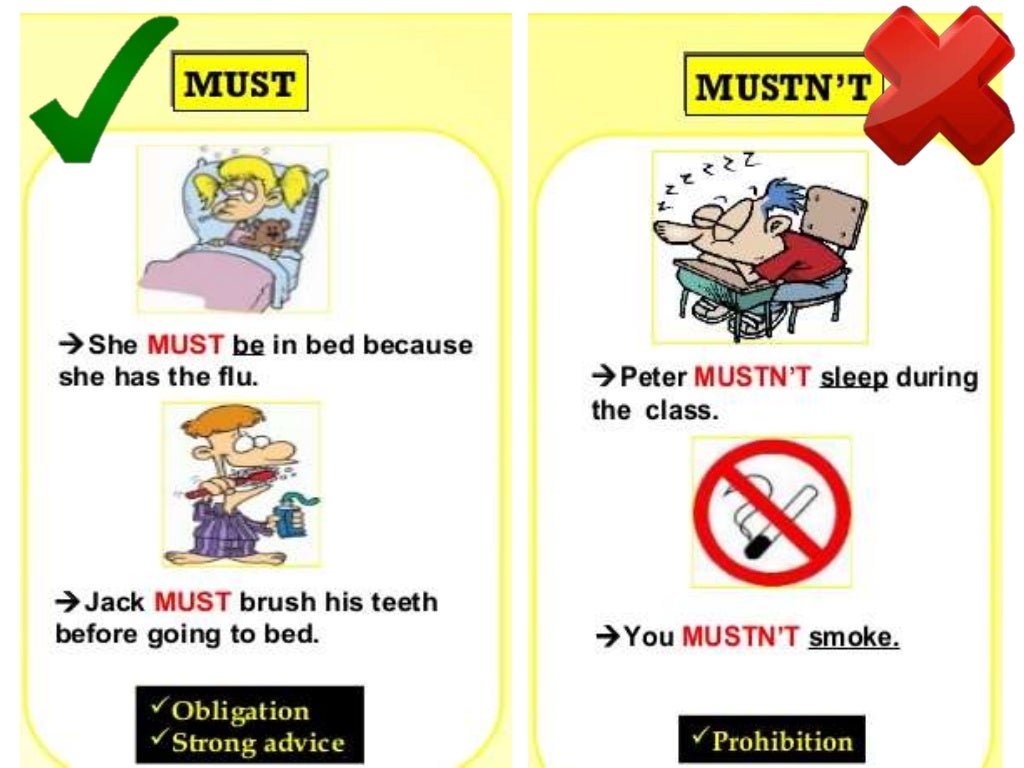
Must and mustn't
Or there are any difference in meaning? Actually, I think I'm not familiar with "what must it be like". By using "must", it gives me a strong feeling like i was supposed to think about that. I'm not sure. Please help. "I turn on my side and close my eyes. What must it be like, to have a boy like you so much he cries for you?
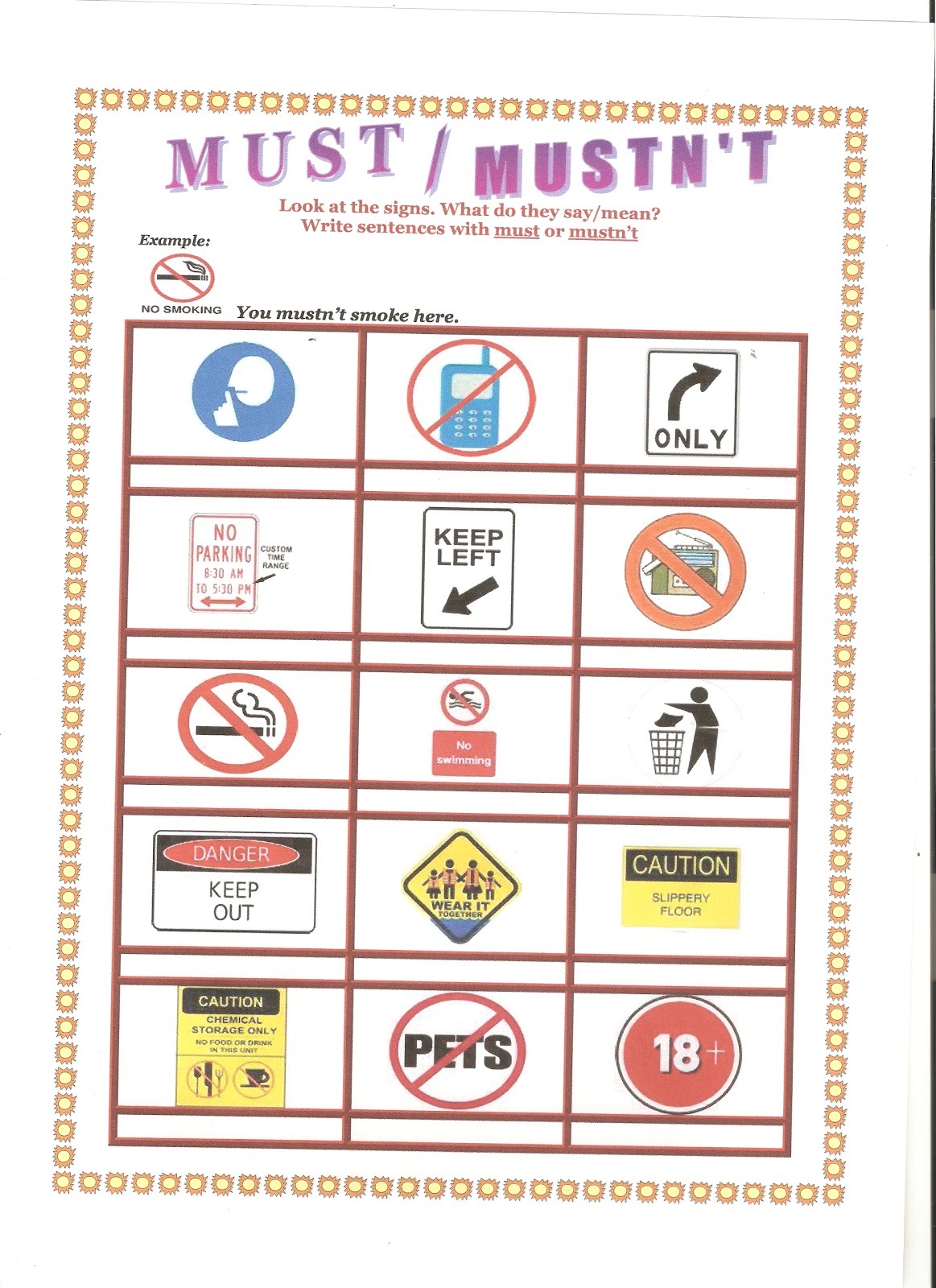
TEENS 2 MUST / MUSTN'T
'Must be' is a modal auxiliary used to convey and state a responsibility to be performed or an inevitable requirement. The term must appear in almost three situations, each utterly distinct meaning.

Have to, don't have to, must, mustn't TestEnglish
Shall be and must be both indicate mandatory requirements, with shall be being more formal than must be. Shall be is commonly used in legal documents and contracts, while must be is used more generally in various contexts. The use of shall be implied a stronger obligation than must be, but both express a requirement that must be fulfilled.
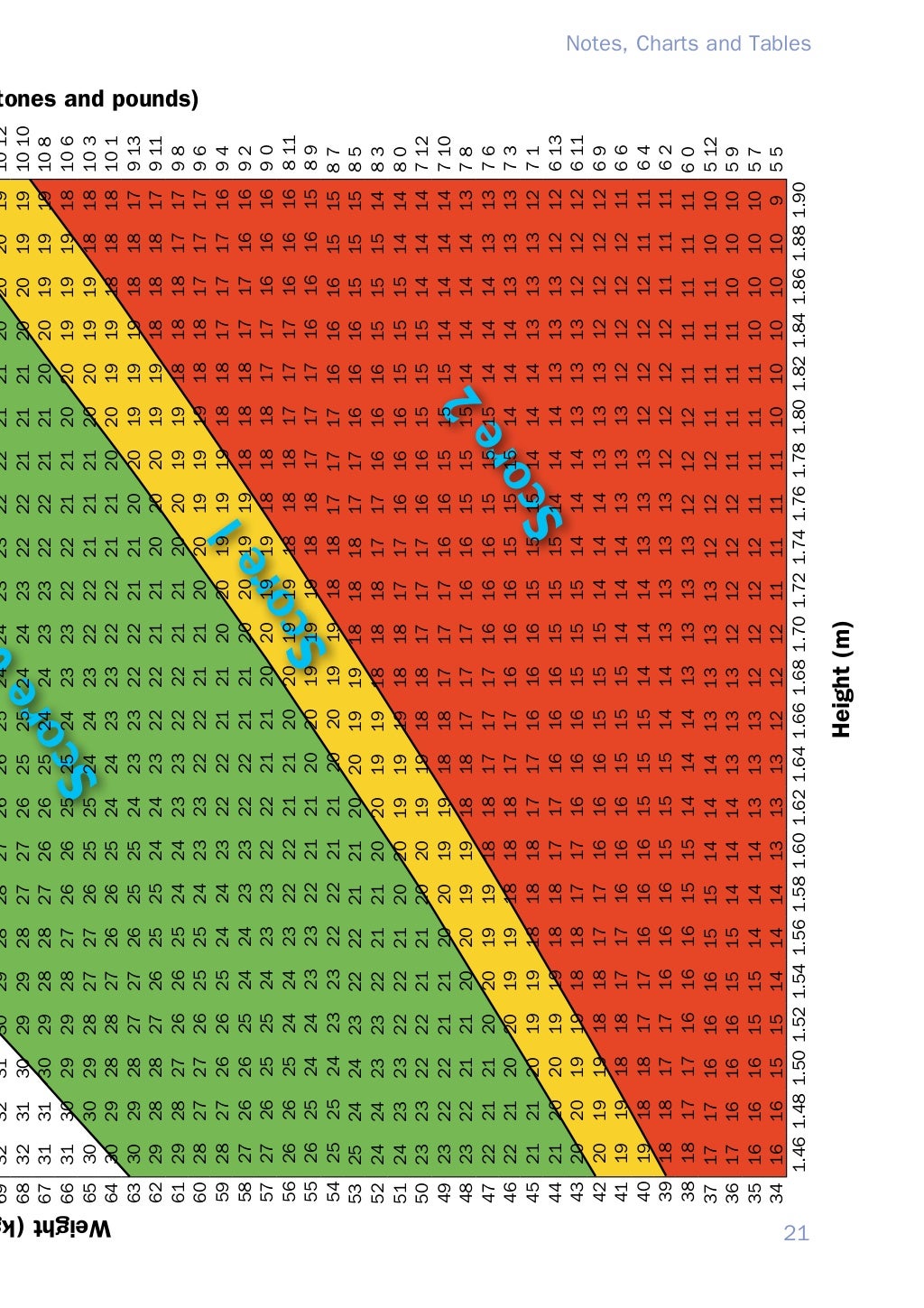
How to use must
from English Grammar Today Must: forms Affirmative (+) form Must comes first in the verb phrase (after the subject and before another verb): She must have lots of friends. Must can't be used with another modal verb. This must be your sister. Not: This must can be your sister. or This can must be your sister. Negative (−) form
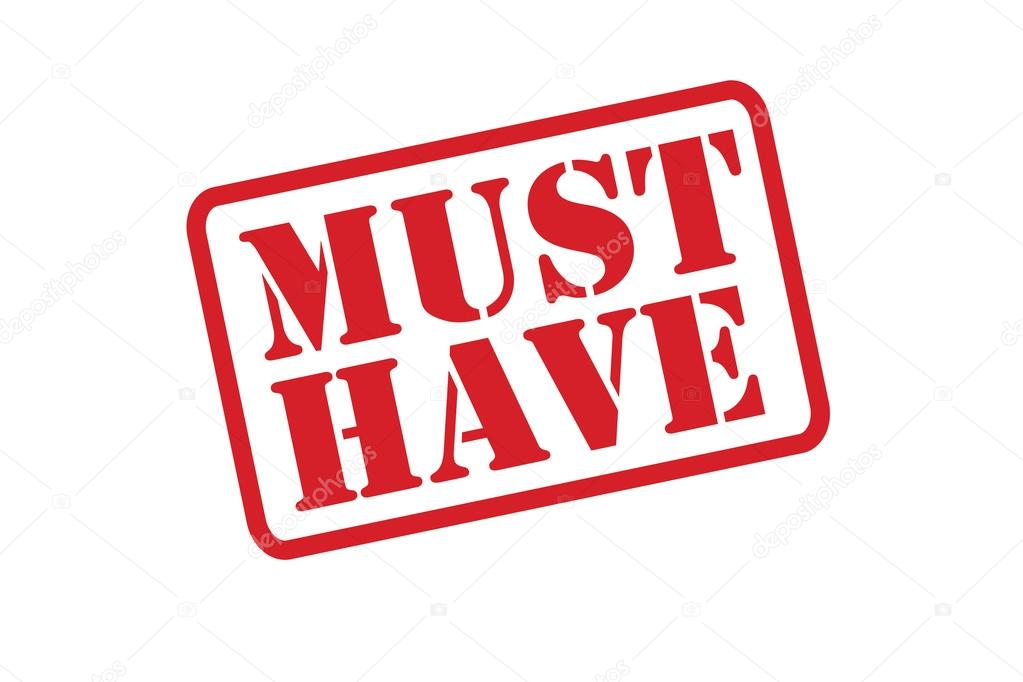
MUST HAVE red Rubber Stamp vector over a white background. — Stock Vector © gorkemdemir 53490317
Must is used to express obligation, give orders and give advice. It can only be used for present and future reference. When the past is involved, you use have to. Must is used: to express obligation. All pupils must bring a packed lunch tomorrow. to give orders firmly and positively. You must go to sleep now.

This Must Be the Place (2011)
1. modal verb You use must to indicate that you think it is very important or necessary for something to happen. You use must not or mustn't to indicate that you think it is very important or necessary for something not to happen. What you wear should be stylish and clean, and must definitely fit well.

must
Al-Arouri's assassination was a blow for Hamas, but it also hit its ally Hezbollah. Mr Blinken's trip comes amid rising tensions in the region, with concerns that the war in Gaza could spread.